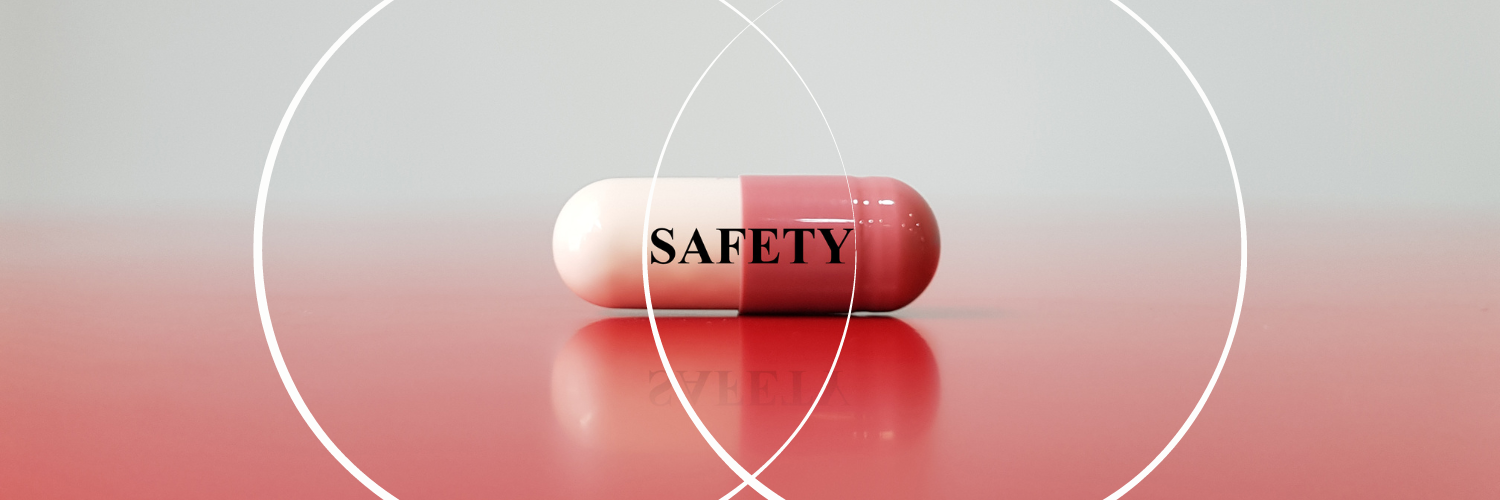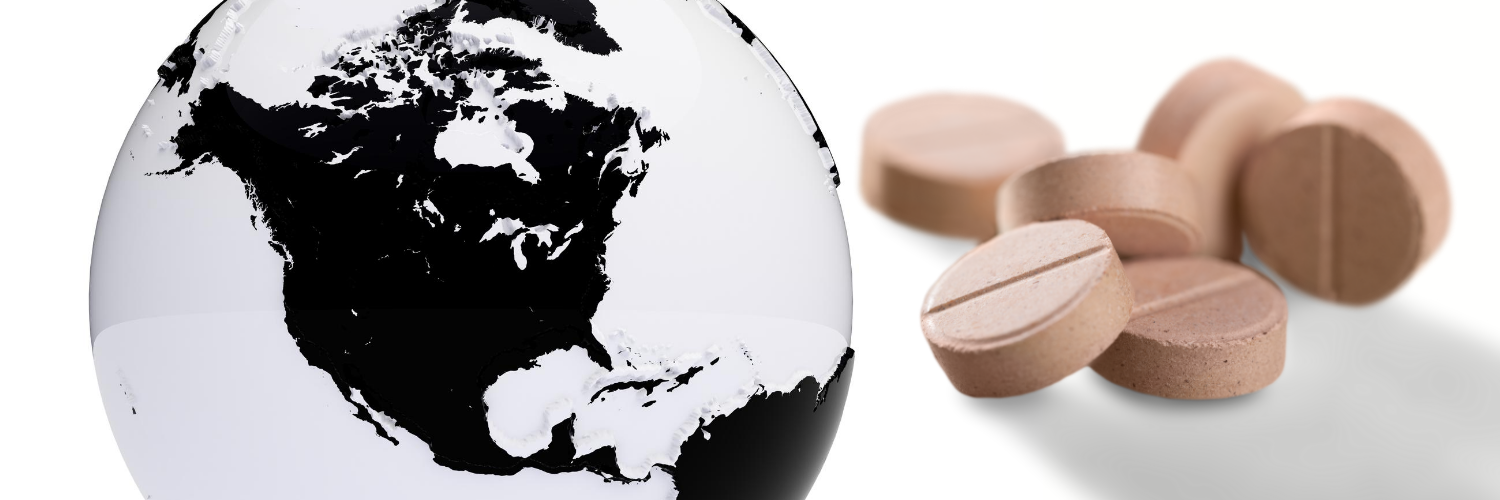What’s the difference between the Canadian International Pharmacy Association (CIPA) and PharmacyChecker?

We are sometimes asked why certain (potentially safe or otherwise) online pharmacies are not accredited or listed by PharmacyChecker, and yet are listed as members of the Canadian International Pharmacy Association (CIPA). We took time and care to provide a discussion of the subject, aiming for as much objectivity as possible!
The Canadian International Pharmacy Association is a trade association of Canadian pharmacies that “sell pharmaceuticals and maintenance medications (but not controlled substances) in 30 to 90-day quantities to both Canadian and U.S. citizens” from Canada, and from pharmacies in other countries with whom they partner. Upon viewing several CIPA member websites, we found them to include partner pharmacies in Australia, India, Mauritius, New Zealand, the United States, and the United Kingdom.
PharmacyChecker is an independent, American company that verifies and monitors the credentials of online pharmacies and compares their prices. Pharmacies accredited by PharmacyChecker are located in Canada, Australia, India, Mauritius, New Zealand, Turkey, the UK, and the United States. PharmacyChecker’s verification specialty is international online pharmacy safety. We provide information for patients globally about the online pharmacies that we have vetted so patients can make informed decisions regarding their access to affordable medication online.
CIPA and PharmacyChecker both endeavor to provide information about safe international online pharmacies that are accessible to and affordable for patients, most of whom are seeking lower prices on prescription drugs. Each makes available an online pharmacy certification seal to websites that they affirm meet safe online pharmacy practices.
Do CIPA and PharmacyChecker charge fees or dues?
Yes. For both CIPA and PharmacyChecker, not all online pharmacies qualify for or agree to meet the terms necessary for membership. CIPA members pay a fee for the right to carry the CIPA seal. CIPA’s membership fees are not listed on its website. PharmacyChecker charges Verification Program fees, which are listed here. There are additional fees, not disclosed, for those PharmacyChecker-accredited online pharmacies that choose to list on PharmacyChecker.com.
CIPA-certified vs. PharmacyChecker-accredited Lists
CIPA refers to online pharmacies that publish a CIPA seal as “certified.” PharmacyChecker uses the word “accredited” to describe online pharmacies eligible to display the PharmacyChecker Seal.
CIPA states that it lists all online pharmacies that meet its criteria for membership in CIPA. See the CIPA list of member websites.
PharmacyChecker provides a list of online pharmacies that are accredited in the PharmacyChecker Verification Program. See the PharmacyChecker list of accredited pharmacies.
In contrast to CIPA, PharmacyChecker does not include every PharmacyChecker-accredited online pharmacy on that list. Listing is optional and requires a fee. Some online pharmacies that are PharmacyChecker-accredited choose not to list their websites, but they may publish the PharmacyChecker accreditation seal.
Are there differences in CIPA and PharmacyChecker requirements?
It’s important to note the core similarities first. Online pharmacies that publish a valid seal issued by either CIPA or PharmacyChecker must require a valid prescription from a patient's licensed healthcare practitioner, and cannot sell controlled drugs internationally to the United States. Online pharmacies that meet these core standards are far more trustworthy than ones that do not, both in pharmacy practices and drug quality.
The following discussion pertains to what is publicly available regarding standards and policies.
In CIPA’s own words: “Qualifying websites must meet all CIPA standards of practice, as well as undergo and pass regular on-site inspections and standards of practice audits.”
CIPA’s standards as shown on its website are copied in full below:
- Require a valid prescription before dispensing medications;
- Obtain demographic and medical information from the patient and maintain a health profile with medication history to avoid adverse drug interactions;
- Have a licensed pharmacist on staff to supervise dispensing of medications and to be available for consultation upon patient request; and
- Have procedures to ensure patient privacy and confidentiality of personal records and contact information.
That is the extent of CIPA’s list of standards on its website. Because some CIPA members are PharmacyChecker-accredited, we know that they meet many more criteria for pharmacy safety.
PharmacyChecker maintains the following documents about its verification program and standards and policies, including inspection protocols, for public view and comment.
- Accreditation Standards and Guide
- Accreditation Agreement
- Seal Agreement
- Guidance Policies
- Inspection Program
The core verification program includes the following rules for online pharmacies:
- Prescription orders are dispensed by licensed pharmacies accredited by PharmacyChecker
- Requires valid prescription
- Meets website security requirements
- Publishes customer privacy policy on the website
- Publishes contact information on the website for customer service
- Pharmacist consultation offered to customers
- Quantities marketed on the website are restricted to a maximum of 3 months' supply at a time
- Disclosure of pharmacy location to the consumer prior to purchase
Further, PharmacyChecker’s Vice President of Pharmacy Verification and Information, who is licensed in the United States, is responsible for vetting online pharmacies, monitoring them after accreditation, and disciplining those who violate rules.
Is there an overlap between CIPA membership and PharmacyChecker accreditation?
A few, but not many, PharmacyChecker-accredited online pharmacies are also CIPA members. PharmacyChecker is open to CIPA members applying to the PharmacyChecker Verification Program, and listing their prices on our PharmacyChecker.com for global consumers to compare drug prices.
What about other online pharmacy credentialing programs?
There are two other private programs, which are frequently used in the United States. The National Association of Boards of Pharmacy (NABP) runs the Digital Pharmacy Accreditation program (formerly VIPPS - or the Verified Internet Pharmacy Practice Sites program). NABP, in its own words:
“The National Association of Boards of Pharmacy® (NABP®) is a 501(c)(3) nonprofit organization founded in 1904. We support and work with our members, the state boards of pharmacy, to protect the public health.”
The other is an online verification company called LegitScript. In LegitScript’s own words:
“[W]e strive to be the most trusted advisers to inform businesses, governments, and the public about which commercial entities are legitimate, legal, and trustworthy — and which are not.”
In the case of the NABP and LegitScript programs, we believe several safe international online pharmacies are wrongly designated "rogue" or "unapproved" due to commercial interests of U.S. pharmacies, pharmaceutical industry funding, and potential pressure from the FDA, but the programs otherwise appear to validate online pharmacies from which it is safe to purchase medication. Such online pharmacies certified by both LegitScript and NABP would include household names, such as Walgreens.com, CVS.com, Walmart.com, and Costco, and standalone online pharmacies like Healthwarehouse.com.
PharmacyChecker cannot directly vouch for online pharmacies outside of our Verification Program, but we believe in the soundness in terms of the safety of the programs mentioned above.
Not surprisingly, we believe that, of the online pharmacy evaluation programs mentioned, PharmacyChecker is the most helpful to patients. That’s because we (1) maintain high standards of online pharmacy practice and (2) then compare drug prices, including international vs. U.S. pharmacy prices, to help people best afford medication safely.




